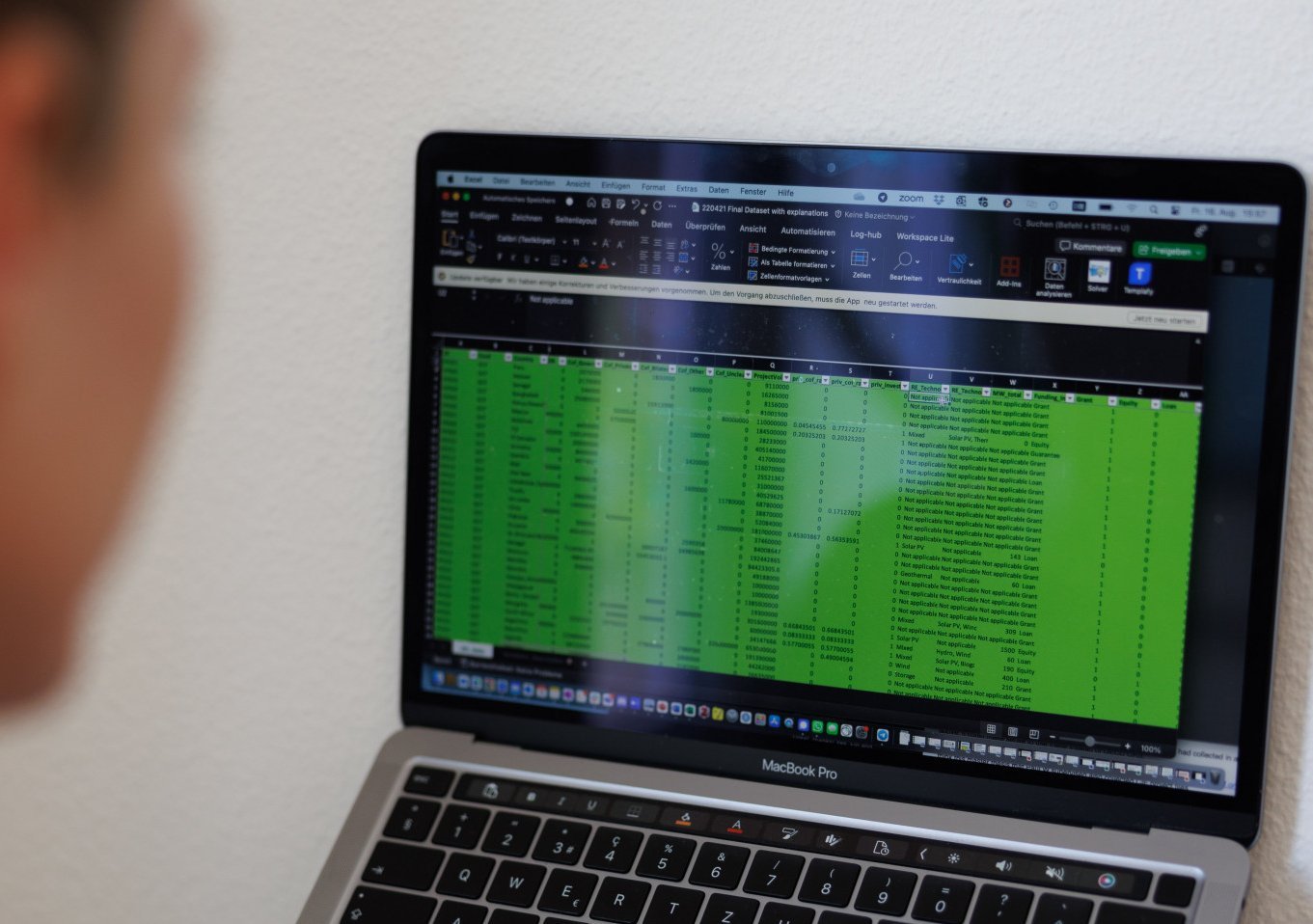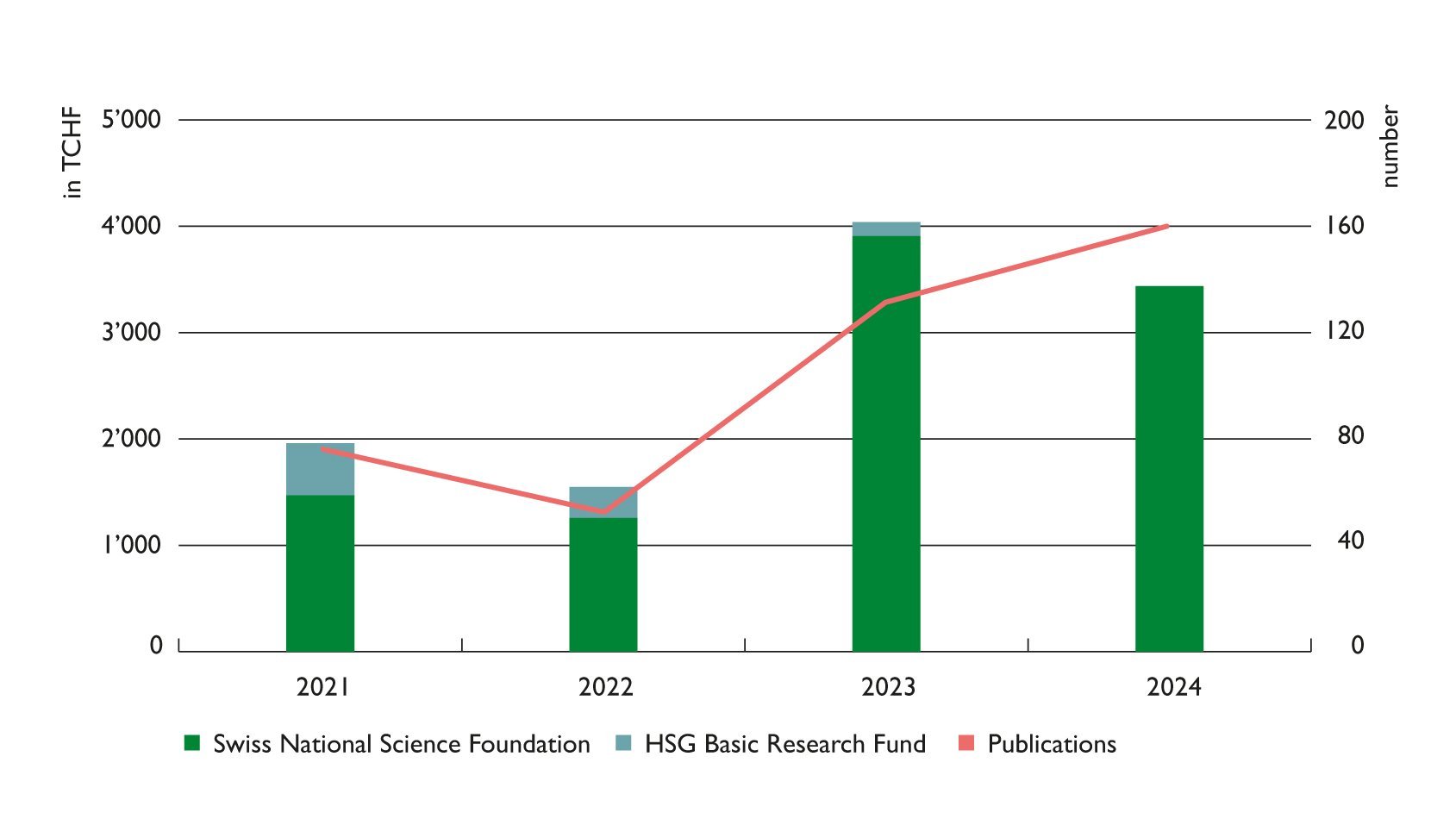
Through impact-oriented research, the University of St.Gallen (HSG) makes a valuable contribution to addressing the grand challenges of our time. Interdisciplinary issues in the field of responsibility and sustainability are examined from various perspectives, particularly at the intersections with our core disciplines.
Over the past two years, interdisciplinary research on topics related to responsibility and sustainability has been further strengthened at the HSG. Our researchers have published around 290 peer-reviewed articles in renowned scientific journals. We have also attracted new early-career researchers conducting cutting-edge research in areas such as environmental economics, climate policy and organisational research. Thanks to external funding, numerous new research projects have been launched, including flagship initiatives such as the Circular Lab.
We asked faculty members appointed in 2023 and 2024 how they intend to contribute to solving societal challenges through their research:
The HSG Impact Awards distinguish research projects at the University of St.Gallen which have an especially clearly recognisable impact on society.
In 2023/24, approximately CHF 7'500'000 of funding was successfully acquired from the Swiss National Science Foundation (SNSF) and the HSG Basic Research Fund (GFF) for research projects addressing current and future ecological and social challenges. This is more than double the amount raised in the previous period (2021/22). Please note that GFF project funding was discontinued on 1 January 2024. In addition to the SNSF and GFF funding, further research funding amounting to several million Swiss francs was awarded during the reporting period, for example by the European Union (through Horizon Europe or Interreg) to promote the circular economy in the Lake Constance region, by Innosuisse to research an emission-neutral plastics industry for example, or through private research funding.
During the same period, HSG researchers published roughly 290 peer-reviewed scientific publications related to responsibility and sustainability in renowned journals. These articles cover a broad spectrum of ecological, social, and ethical topics related to one of HSG's core disciplines.
